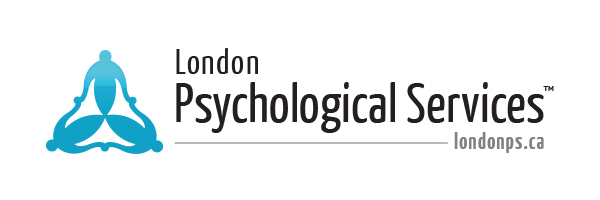- Anxiety can begin during pregnancy, the perinatal period, in addition to after birth. You may start feeling anxiety symptoms up to 12 months after birth.
- Anxiety symptoms can be physical; heart racing, feeling flushed and sweaty, tightness in chest, difficulties with sleeping. You might feel revved up all the time, like you want to jump out of your own skin. Sitting still feels impossible.
- Anxiety symptoms can be experienced in our mind; worrying about all sorts of things, imagining the worst case scenario, second guessing yourself, feeling unable to make a decision. You might be having constant racing thoughts about whether you are capable of taking care of a baby, whether you are doing things the "right" way, imagining all of the possible consequences of every decision. Your brain feels like it's on overload.
- Anxiety can impact our behaviour; you may avoid situations that provoke anxiety, repetitively do a task, constantly check things. You may spend hours perfectly folding wash cloths, stacking diapers into equally distributed piles, checking the oven repetitively to make sure it's not on. Doing these behaviours may calm the anxiety for a brief period of time, but the anxiety always returns.
- You might have very upsetting, disturbing thoughts ("what if I smothered my baby with a blanket"). You know that you would never act on the thought, but the thought seems to pop out of nowhere and is very upsetting. These are called intrusive thoughts and can be quite common (but obviously very distressing).
- You may try to control your environment to cope with anxiety; cleaning and organizing things while the baby sleeps (even though you are on the brink of exhaustion).
- You may feel very anxious about being alone with your baby. You are not sure if you can take care of your baby, get overwhelmed when the baby is crying and feel like you're never doing anything right.
- You may avoid going out of the house because you're worried that the baby might cry in public, or you're not sure how you're going to manage to feed your baby or you're overwhelmed with the idea of interacting with other people. However, staying at home may also be challenging as you may feel trapped.
- Perinatal and postpartum anxiety is not limited to first-time moms. Even if you have had previous experiences with a baby, you may still develop anxiety. Anxiety is not about lacking skills in caring for a baby, it is an emotional reaction.There are treatment options available, including therapy, medications or a combination of both. Please reach out to a healthcare provider if you feel that you are experiencing anxiety symptoms. While all new moms will experience some level of worries and anxieties, if you are feeling anxious all the time and it is interfering with your ability to enjoy this time of your life, please reach out.
10. There are treatment options available, including therapy, medications or a combination of both. Please reach out to a healthcare provider if you feel that you are experiencing anxiety symptoms. While all new moms will experience some level of worries and anxieties, if you are feeling anxious all the time and it is interfering with your ability to enjoy this time of your life, please reach out.


